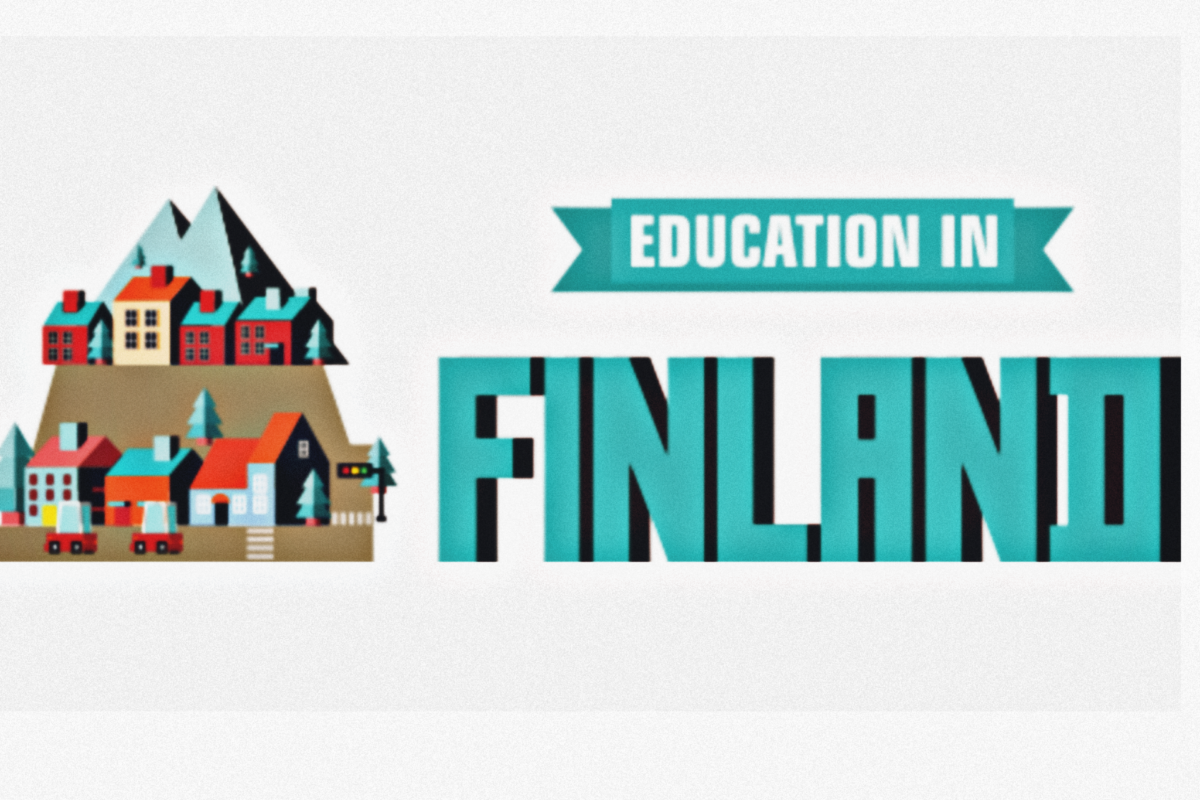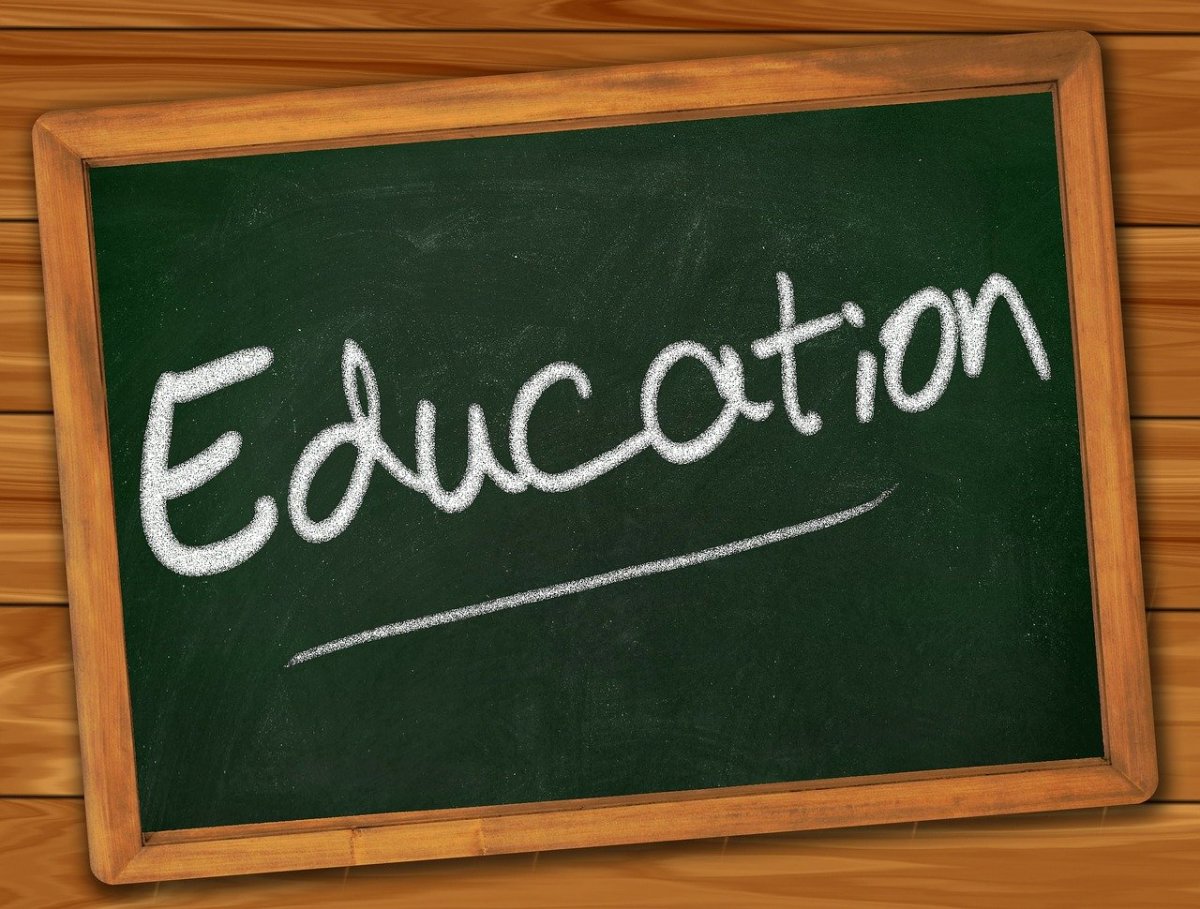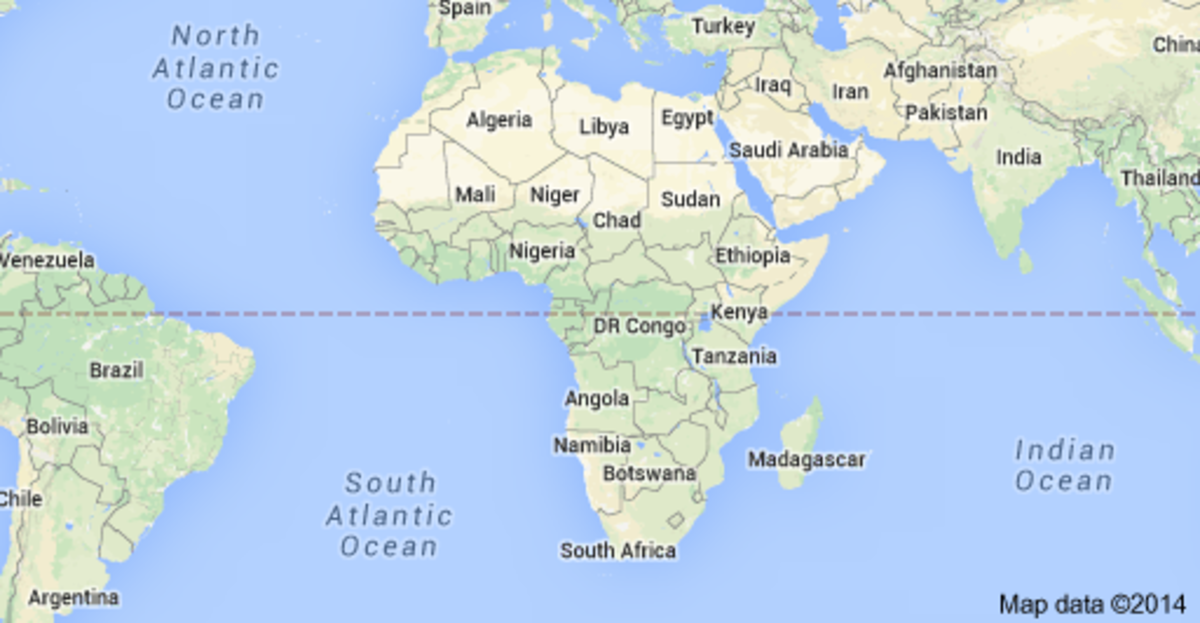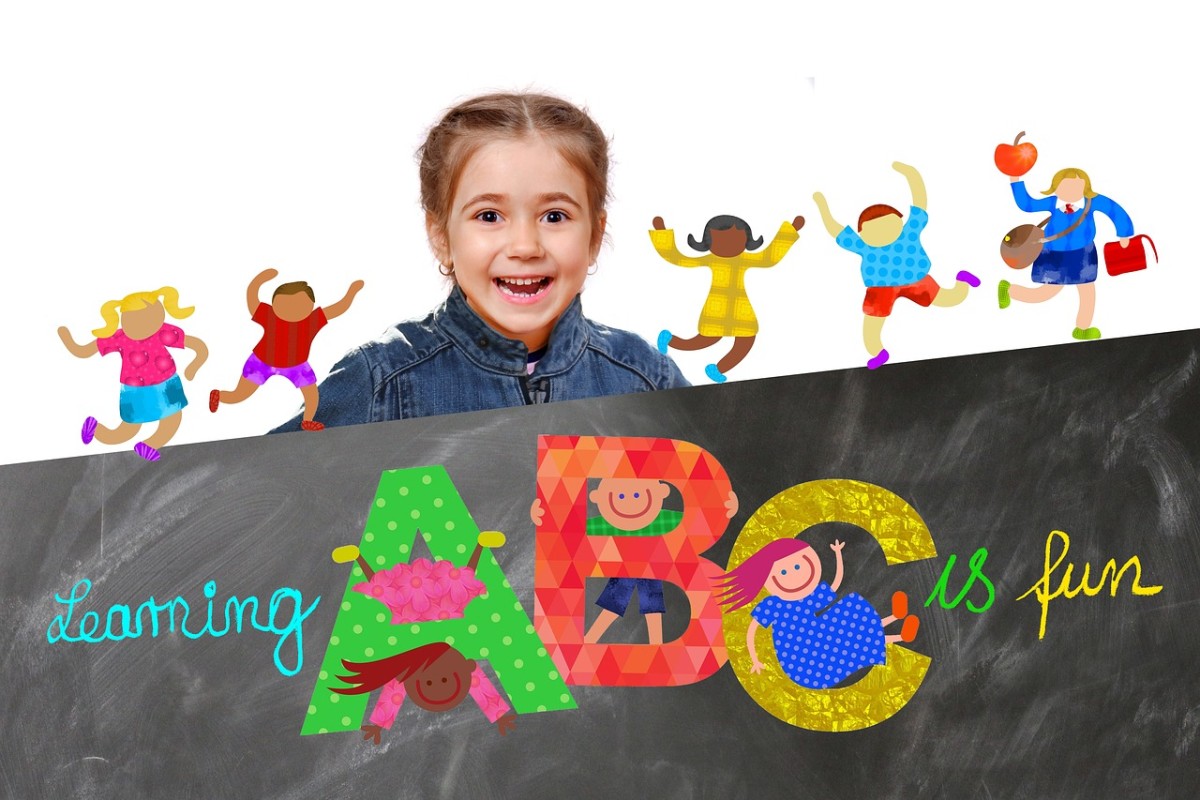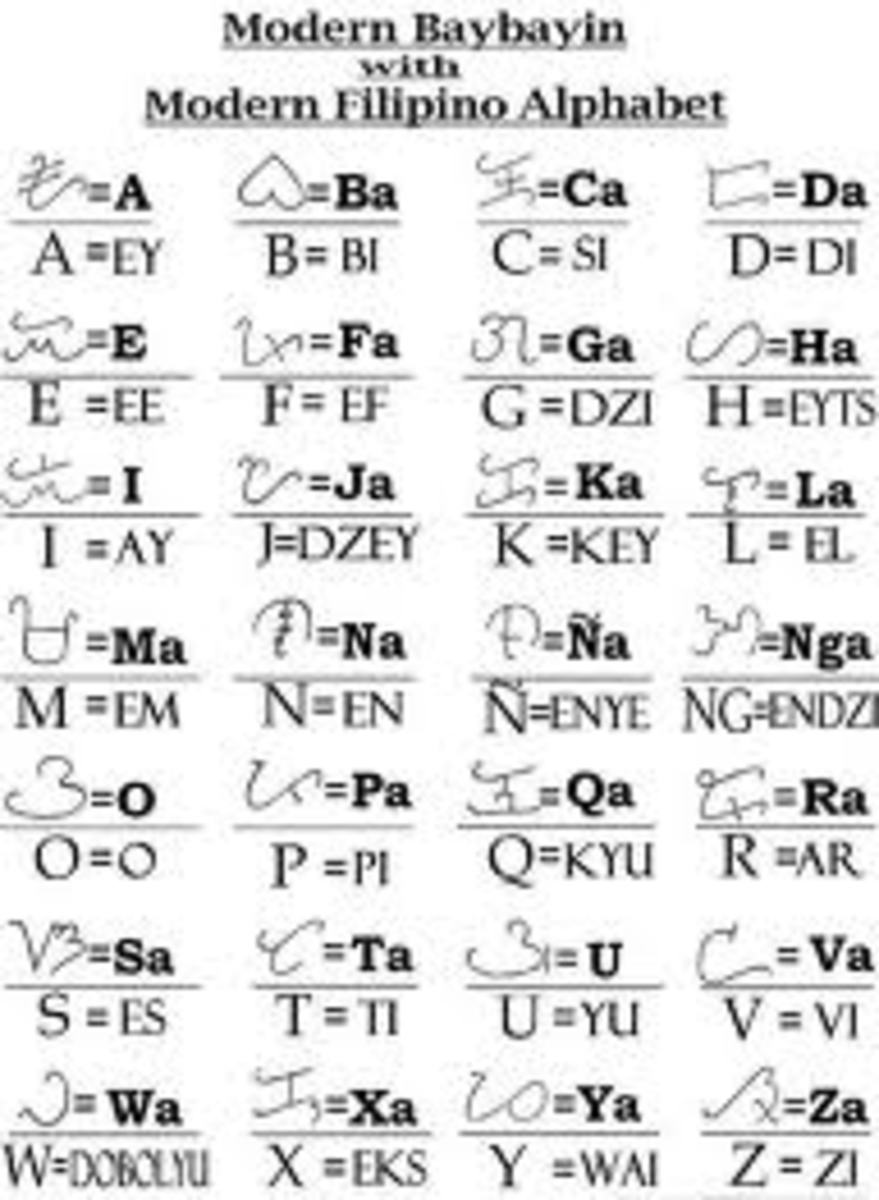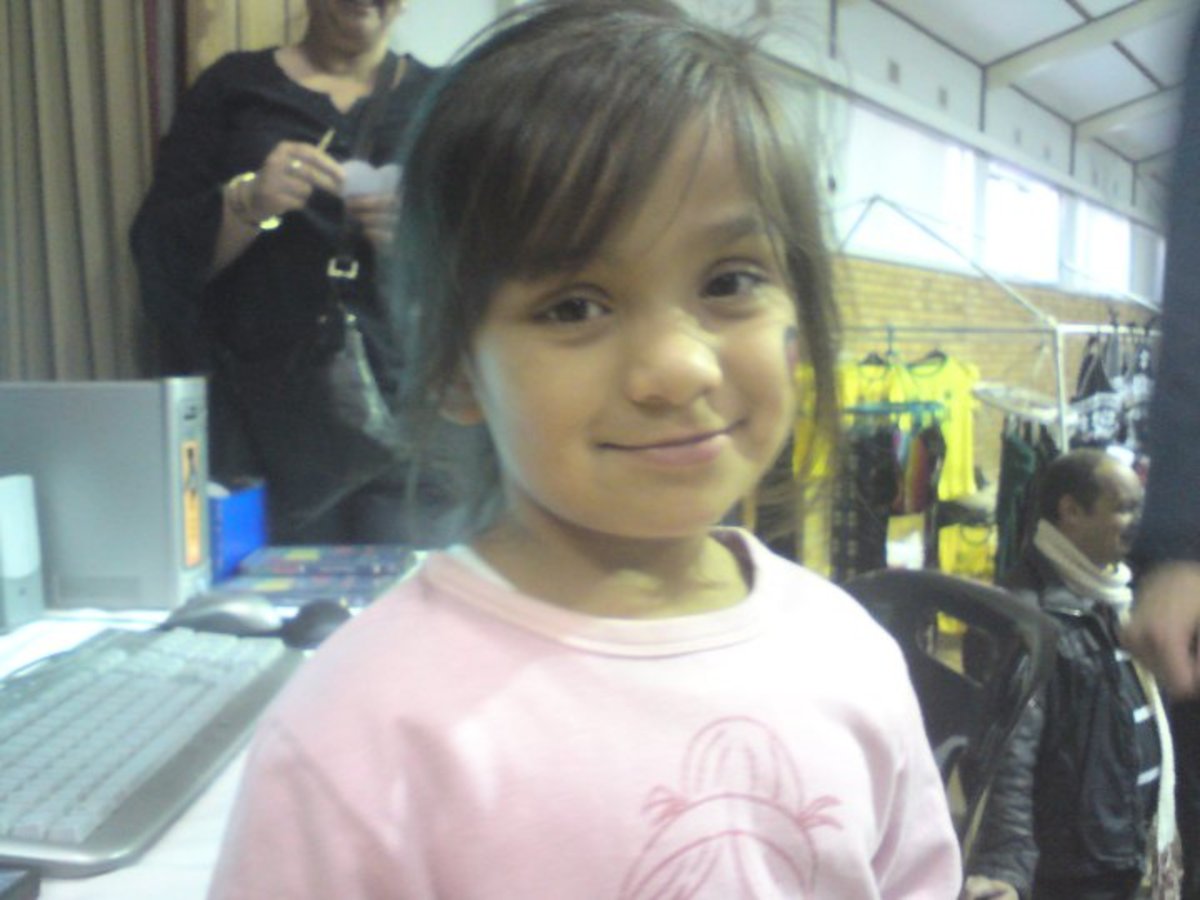Universal Basic Education in Nigeria: Objectives, Issues, and Implementation Problems
Introduction:
The right to and the need for education is in the universal recognized Article 26 of the Universally Declaration of Human Right of 1948 which states that, everyone has the right to education and it shall be free at least to elementary stage.
From this declaration, education as an alienable right of all citizens of a nation, determines to a large extent the level of her development. No nation could become stable, prosperous or achieve any sustainable development and enduring democratic rule without an educated citizenry.
Sustainable development as an operational concept has been defined (EST: 1993) as “Seeking to meet the needs and aspiration of the present without compromising the ability to meet those of the future. It is a process in which the exploitation of resources, the direction of investments, the orientation of technological development and institutional change are all in harmony and enhance both current and future potential to meet human needs and aspirations”
From the above definition, a nation that has its populace that are mostly illiterate certainly would not understand its government policies, programmes and objectives and this could lead to an unhealthy economic, political and social climate. Nwankwo (1995) stated that “a country that fails to produce qualitative replacement for the retiring generation can only be on a short road to ruin”.
Education is the only lasting legacy that could be given to anyone. Solarin as cited by Rufai (1993) states that, “the State has the responsibility to provide basic education to all children.
In the same vein, Ogunleye and Olabisi (1992) asset that in Britain, it is a crime to allow children who are up to five years of age to roam the street.
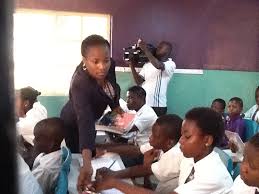
1. Universal Basic Education (U.B.E):
Declaration on the promotion of basic education for all, as well as to the New Delhi (1991) Declaration requiring stringent efforts by the E.9 countries (nine countries of the world with the largest concentration of illiterate adults to drastically reduced illiteracy within the shortest possible time-frame, to the Durban Statement of Commitment (1998) and the O.A.U. Decade of Education in Africa (1997-2006) requiring African States to generalize access to quality basic education as a fundamental stone for the sustainable sound-economic development of the continent and the world at large.
This is to ensure that every citizen of the world enjoys the fundamental human rights to education. To determine its exact nature and content depends on the context, political, socio-economic, cultural technological etc. of each society. Universal Basic Education therefore entails the following.
- An enlarge view of education to integrate formal and informal possibilities for the development of the human potential.
- An affair that is not confined to orthodox education agencies but which requires the input of other socio-economic development sectors.
- An affair that is a lot more than government business, but that of non-government organizations and the entire civil society.
- A strong emphasis on learning that is success in acquiring basic skills of literacy, innumeracy and essential life education.
- Learning- To learn as the most valuable end-result of education.
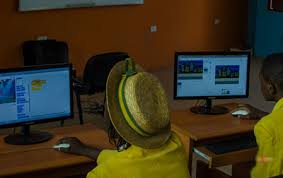
2. Universal Basic Education in Nigeria:
The Universal Basic Education programme is an expression of the strong desire of Government to reinforce participatory democracy in Nigeria by raising the level of awareness and general education of the entire citizenry. It is intended as a visible evidence of Nigeria’s strong commitment to the Jomtien (1990).
Basic education in Nigeria encompasses vertical and horizontal dimensions. The vertical dimensions are the broad spectrum of formal and non-formal approaches to education. The horizontal dimension covers the linear vision of education from early Childhood care and Education to Junior Secondary School.
The Nigeria’s Universal Basic Education is conceived as a people’s programme with a strong emphasis on all-round development of its beneficiaries, with due attention to the intellectual and non-intellectual objectives of education.
The Universal Basic Education programme is aimed at reaching the unreached. That is Nigerian children, adolescents, and even illiterate adults in all conditions and geographical locations irrespective of sex are to be target, be they in or out of the formal school system.
Issues on Universal Basic Education:
Education industry unlike other industries is both a producer and a consumer of high-level manpower and often times; it is difficult for it to win back a good percentage of its quality products, when its products are in high demand in other sectors of the economy.
1. Teachers stand at a disadvantage because it is still not seen by many especially by the younger generation as an attractive profession. As a result of that, the quality of teachers to be produced will be affected. No educational system can rise above the quality of its teacher.
2. There has been a wide cry for emergency training of teachers for the Universal Basic Education programme. It is sad that a nation that had set 1998 as a deadline for Nigerian Certificate in Education (NCE) to have become the minimum qualification for any teacher in the primary or secondary school is today setting its sight on much a lower qualification.
3. The entry qualification for the Pivotal Teachers Training Programme (PTTP) has been pegged rather low. Senior School Certificate of GCE O’ level with a minimum of three (3) passes at more than two (2) sittings. The National Teacher Institute (NTI) official as well as the Universal Basic Education policy makers have probably foreseen the likelihood of academically strong candidates opting for the Pivotal Teachers Training Programme (PITP). This is a big concession intended to attract the kind of candidates whose chances of climbing on the academic ladder would ordinarily appear dim.
These are people who would probably have remained unemployed and are therefore expected to jump at this golden opportunity to embark on a course that might eventually qualify them to start earning a regular salary. This point to a desperate school-staffing situation in the country. This relates to both the quantity and quality of teachers in primary and secondary schools. The teachers to be produced are unlikely to be skillful, knowledgeable and have inspirational abilities.
4. Joseph Abolade (2000) in the Guardian Newspaper of 10th August reminded the nation of the fact that the Joint Admission Matriculations Board (JAMB) Registrar, the Executive Secretary of the National Commission for Colleges of Education (NCCE) and the Provost of certain colleges of education have in recent past drawn the attention of the nation to the rapid fall in the number of candidates applying for admission to Teachers Colleges.
Teaching is unpopular with the youths because they perceive teachers as belonging to the down-trodden group in the society on account of their poor economic status.
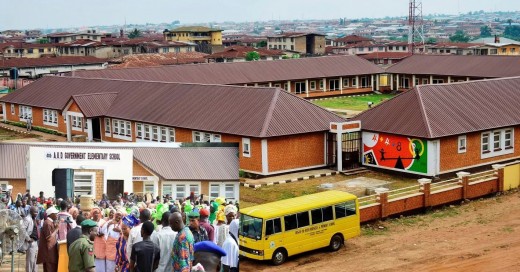
3. The Objectives of Universal Basic Education in Nigeria are as follows:
- Developing in the entire citizenry a strong consciousness for education and a strong commitment to its vigorous promotion.
- The provision of free, universal basic education for every Nigerian child of school going age.
- Reducing drastically the incidence of drop-out from the formal school systems.
- Creating for young persons who had to interrupt their schooling as well as other out of school children/ and adolescent through appropriate forms of complementary approaches to the provision and promotion of basic education.
- Ensuring the acquisition of the appropriate levels of literacy, numerous, manipulative, communicative and life skills as well as the ethical, moral and civic values needed for laying a solid foundation for life-long learning.
- In view of these objectives, the Universal Basic Education programme is conceived as a people’s programme and also with a strong emphasis on all-round development of its beneficiaries of education.
- Universal Basic Education programme is aimed at reaching the unreached. That is Nigerian children, adolescent and even illiterate adults in all social conditions and geographical locations, irrespective of sex are to be targeted, be they in or out of the formal school systems. As laudable as these objectives are, access, quality, equity, efficiency are process variables that influence educational objectives.
4. Problems of Implementation:
- Lack of educational infrastructure to match the teeming population for formal education:
One of the major problems facing Nigeria as a nation is lack of educational infrastructure to match the teeming population for formal education. This problem is heightened by lack of accurate population figures to aid plan. Without accurate data there cannot be effective planning. This has affected the entire educational system. Where there are infrastructures, they are in a very bad state in of need serious renovation. Although the Educational Tax Fund (ETF) has helped in that direction, there is still more to be done.
2. Lack of buildings results in over-crowdiness of schools:
Lack of buildings results in over-crowdiness of schools, class sizes are usually too large for any meaning teaching and learning to take place in them. Under such circumstances, pupils will not actually have their attention fixed to the happenings in the class but to the many distractions that the whole environment provides. In the end, the pupils learn too little.
3. Effective running of schools to achieve desired results:
Effective running of schools to achieve desired results can hardly be effective without adequate resources like libraries, audio-visual aids and classroom buildings. These things need to be provided so that memorization and regurgitation of facts should not become permanent features of learning as has always been in our primary schools.
4. Changing an education system:
Changing an education system does not only involve statement of the decision or plan. It also includes careful expert planning, provision of accommodation and facilities to meet the demands of the new systems, the training of qualified teachers and most importantly the drawing up of curriculum for it.
5. Lack of finance or sufficient funds:
All these need huge capital. However, in period of dwindling economy, the demand for these changes certainly constitutes a very important problem. Lack of finance or sufficient funds would result to, for education; it will be difficult for the Universal Basic Education to achieve its desired results.
6. Schools have nothing to show in terms of equipment and laboratories for technical and science subjects:
The present system of education is technically bias. The problem here is that most of the schools that have graduated students in the junior secondary school have nothing to show in terms of equipment and laboratories for technical and science subjects. In schools were there are such equipment, they have broken down and no technicians to put them in order.
The Education Tax Fund given for renovation of schools, there has been cry in the national’s dailies for their probe.
If the Universal Basic Education is to succeed, there is need for accountability and transparency.
Conclusion:
For the Universal Basic Education programme to succeed everyone has a part to play. The government, the wealthy, private organizations, NGOs philanthropists, should support education sector. The social responsibility of educating of the young ones should not be left for the government alone. It is a collective responsibility.
Traditional, religious and community leaders should mobilize and sensitize their communities to enroll their children for the Universal Basic Education programme.
The government in its part should also do somethings urgently on employment. A lot of people do not want to go to school and it has increased illiteracy level, armed banditry and robbery among the youths, drug addiction, prostitution and HIV/AIDS scourge in the country. All these negative consequences will affect the sustainable development in any democracy society. The Universal Basic Education programme should not be allowed to fail just like the Universal Primary Education (UPE) failed. All hands should be on deck to make it succeed.
© 2017 ODEWOYE FRANCIS SUNDAY


